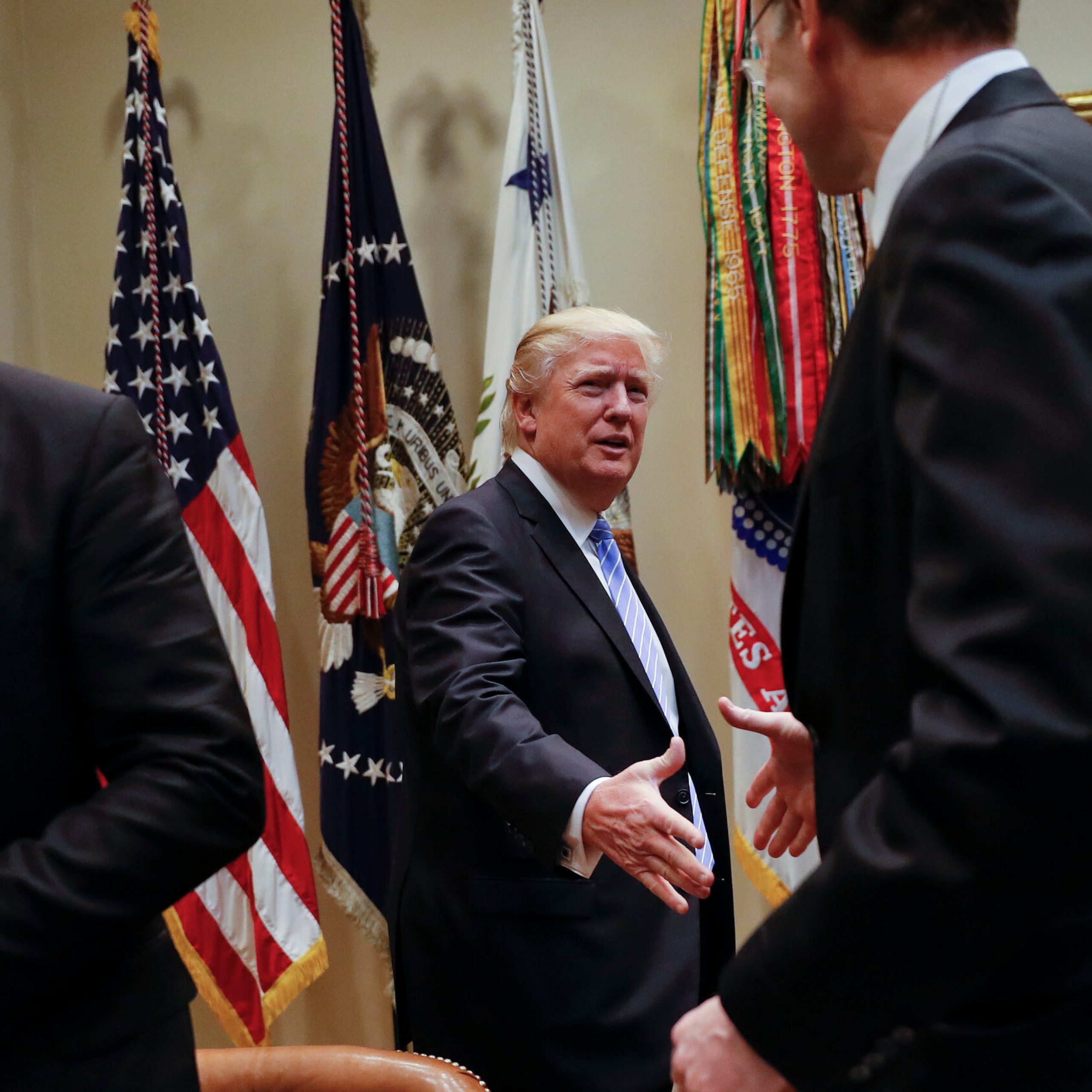Nigeria is getting ready to tax your crypto. Starting next month, the Federal Inland Revenue Service (FIRS) plans to start taxing crypto holdings.
Zacch Adedeji, the Executive Chairman of FIRS, has announced that they’re pushing for a law to regulate the crypto industry. This means your Bitcoin stash might soon have a Nigerian government price tag on it.
Adedeji dropped this bombshell during a stakeholder meeting with the Senate and House Committee on Finance.
The event was hosted by the Intergovernmental Relations Department of FIRS. The theme? “Repositioning The FIRS To Achieve Its Mandate.” Adedeji said:
“The plan first is to have the law that regulates it. This is done in any other place in the world when you have this innovation or system.”
He used the Stamp Duty Act of 1939 as an example of how outdated the current laws are.
“When there was no internet connection, we needed to bring it up. We cannot run away from cryptocurrency.”
The timing of this proposed law is interesting, considering the recent exit of Binance from Nigeria. The Nigerian government accused Binance of manipulating the naira-to-dollar exchange rate, which raised eyebrows and sparked controversy.
This has put a lot of pressure on other crypto platforms operating in the country.
Recently, Nigeria slapped a 7.5% Value-Added Tax (VAT) on crypto transaction fees. KuCoin, a popular cryptocurrency exchange, was the first to break the news, notifying its users that VAT collection would start on July 8th.

At the end of 2023, the Central Bank of Nigeria (CBN) lifted its ban on banks operating accounts for crypto service providers. This was seen as a step towards a more open, yet regulated, crypto market in Nigeria.
Many local crypto users welcomed this change, seeing it as a sign that the government was finally warming up to the idea of digital currencies. But now, with the looming threat of taxation, the honeymoon period might be over.
The crackdown isn’t just on the platforms. It’s on individuals too. Take Tigran Gambaryan, a Binance executive, for example. He’s been stuck in a Nigerian jail since February 2024, facing charges of money laundering and tax evasion.
His situation is dire. According to reports, his health has taken a nosedive due to poor medical care in prison. He needs surgeries for a herniated disk and tonsil removal, and he’s been hit with multiple pneumonia infections and malaria.





